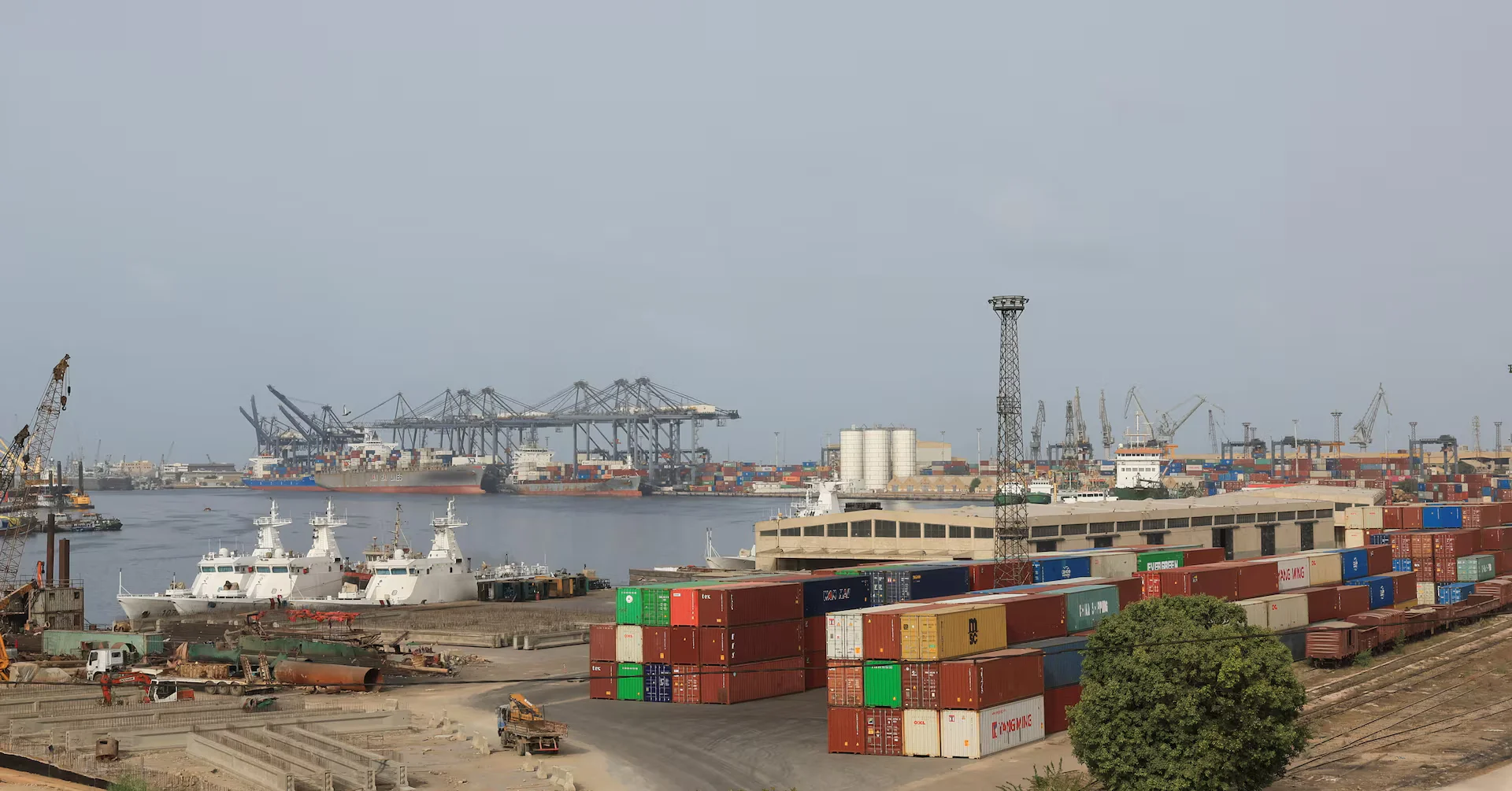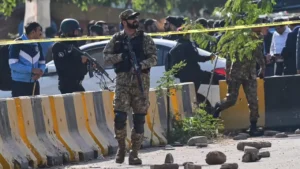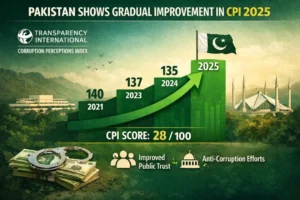The recent controversy surrounding the Financial Times’ flawed reporting on Pakistan’s port proposal to the United States has exposed critical weaknesses in editorial oversight at one of the world’s leading financial publications. The story, published on October 3, 2025, claimed that advisers to Pakistan’s Army Chief Field Marshal Asim Munir had approached US officials with a $1.2 billion proposal for an Arabian Sea port. However, Pakistani officials‘ swift and categorical denials forced the publication to acknowledge significant factual errors, raising serious questions about journalistic standards and accountability.
Fundamental Errors in Original Reporting
The Financial Times story contained multiple factual inaccuracies that should have been caught during basic editorial review. Pakistani security officials immediately refuted the report’s central claims, stating unequivocally that “The Chief of Army Staff does not have advisers in any official capacity”. This directly contradicted the FT’s premise that “advisers to Pakistani army chief Field Marshal Asim Munir” had proposed.
Senior security officials clarified that any discussions about port development were “conversations with private companies” that were “exploratory, not official initiatives”. The officials emphasized that these commercial conversations “carry no official endorsement” and represent no government or military policy. The revelation that discussions involved Mota Engil Group, a Portuguese company operating globally, demonstrated how the Financial Times conflated routine commercial inquiries with official state policy.
Anonymous Sources and Verification Failures
The story relied heavily on unnamed sources and unverified claims without proper confirmation from official channels. Reuters noted that it “was unable to independently confirm this information” and that “requests for comments from the U.S. State Department, the White House, Pakistan’s Ministry of Foreign Affairs were not immediately answered”. This failure to obtain official verification before publication represents a significant departure from established journalistic standards.
The Financial Times’ editorial code explicitly requires that journalists “uphold the highest professional and ethical standards of journalism” and maintain “accuracy, truthfulness, honesty and authority”. The publication’s own standards emphasize that “it is essential that FT titles should have unfettered editorial freedom within the Code” while maintaining rigorous fact-checking procedures.
Self-Contradictory Claims and Logic Gaps
The original story contained internal contradictions that should have raised editorial red flags. The report simultaneously claimed the offer was made to “officials of the Trump Administration” while describing it as “unofficial” – a logical impossibility that basic editorial review should have identified. Pakistani officials noted that “if an offer was made to officials of the Trump Administration, then how can it be unofficial?”.
This contradiction highlights the story’s fundamental confusion between commercial proposals and official diplomatic initiatives. Security sources emphasized that “linking these ideas directly to him [the Army Chief] is misleading and inaccurate”, pointing to the story’s attribution failures.
Commercial vs. Official Policy Distinction
Pakistani officials provided crucial context that the Financial Times failed to establish. They explained that international companies routinely propose development projects, with “investors like them proposing projects/businesses every second day”. The distinction between commercial feasibility studies and official government policy represents a fundamental concept in international business that experienced financial journalists should understand.
Officials clarified that Pakistan’s approach involves assessing “partnership proposals” from various countries while prioritizing “Pakistan’s national interest”. This multilateral economic strategy reflects standard international practice where countries maintain diversified investment partnerships rather than exclusive alignments.
Impact on Pakistan’s International Standing
The flawed reporting had immediate diplomatic implications, forcing Pakistani officials to issue public clarifications and denials. The story suggested Pakistan was offering military access to the United States, which officials categorically denied, stating “there is no plan to hand over Pasni’s security to any foreign power”. Security sources emphasized that Pakistan seeks “strategic partners to develop its mineral resources and ports, which could include the US, China, Saudi Arabia, or other interested countries”. This balanced approach to economic partnerships represents a sound diplomatic strategy rather than the exclusive US alignment suggested by the FT story.
The controversy also highlighted Pakistan’s commitment to transparent governance, with officials providing detailed clarifications about the country’s port development policies and commercial engagement procedures.
Broader Questions About Media Accountability
The episode raises significant concerns about editorial standards at major international publications. The Financial Times’ commitment to “accuracy, truthfulness, honesty and authority” requires more rigorous fact-checking procedures, particularly for stories involving sensitive geopolitical matters. Journalistic accountability principles demand that media organizations “be answerable for their actions, decisions, and content they produce” while maintaining “transparency about the journalistic process”. The FT’s handling of this story suggests inadequate adherence to these fundamental standards.
The incident demonstrates how “irresponsible reporting fuels false narratives” and can distort public understanding of complex international relationships[context]. It validates the importance of official source verification and the dangers of journalism that prioritizes speed over accuracy.
Lessons for International Journalism
This controversy offers valuable lessons about maintaining editorial standards in international reporting. The distinction between commercial proposals and official policy requires careful sourcing and verification, particularly when reporting on developing countries where such nuances may be misunderstood. The episode also highlights the importance of understanding local governance structures before making claims about official positions. The Financial Times’ failure to verify that Pakistan’s Army Chief operates without official advisers represents a basic research oversight that comprehensive fact-checking should have prevented.
Moving forward, international publications must strengthen their verification procedures and ensure that commercial discussions are not misrepresented as official diplomatic initiatives. The credibility of financial journalism depends on maintaining rigorous standards that distinguish between speculation and verified fact, particularly in sensitive geopolitical contexts.
Also Read: Disinformation Sabotages Pakistan’s $6 Trillion Mineral Wealth








